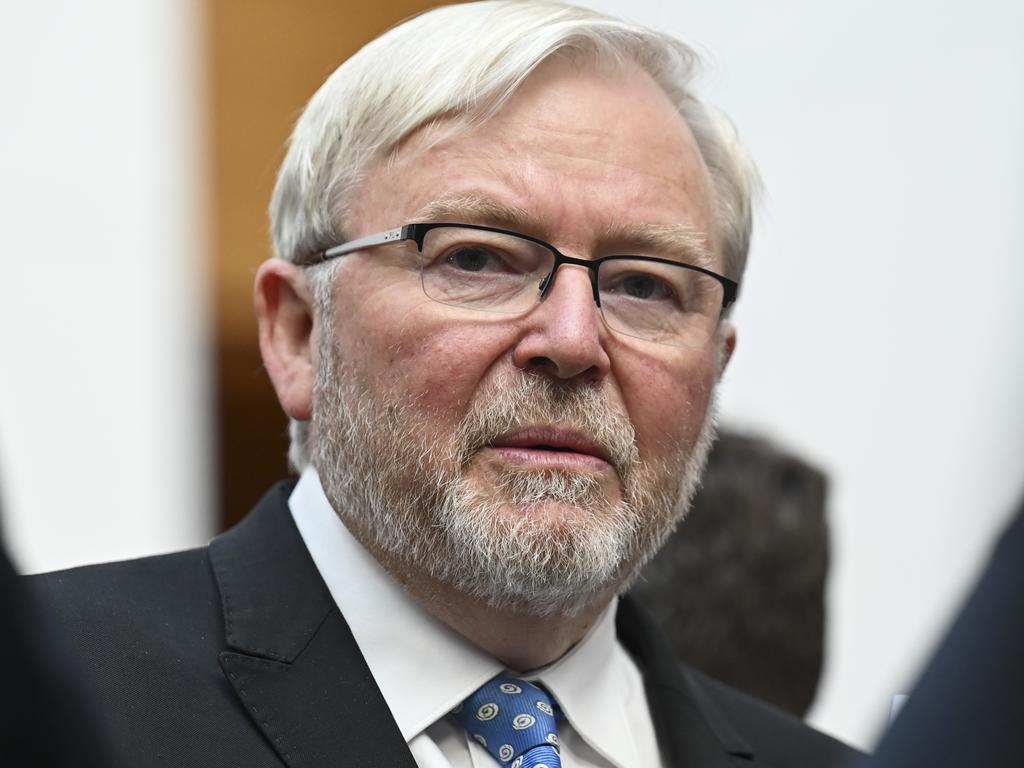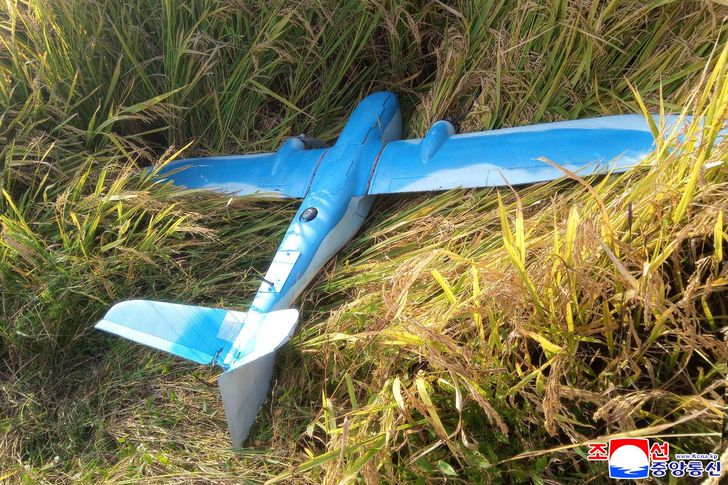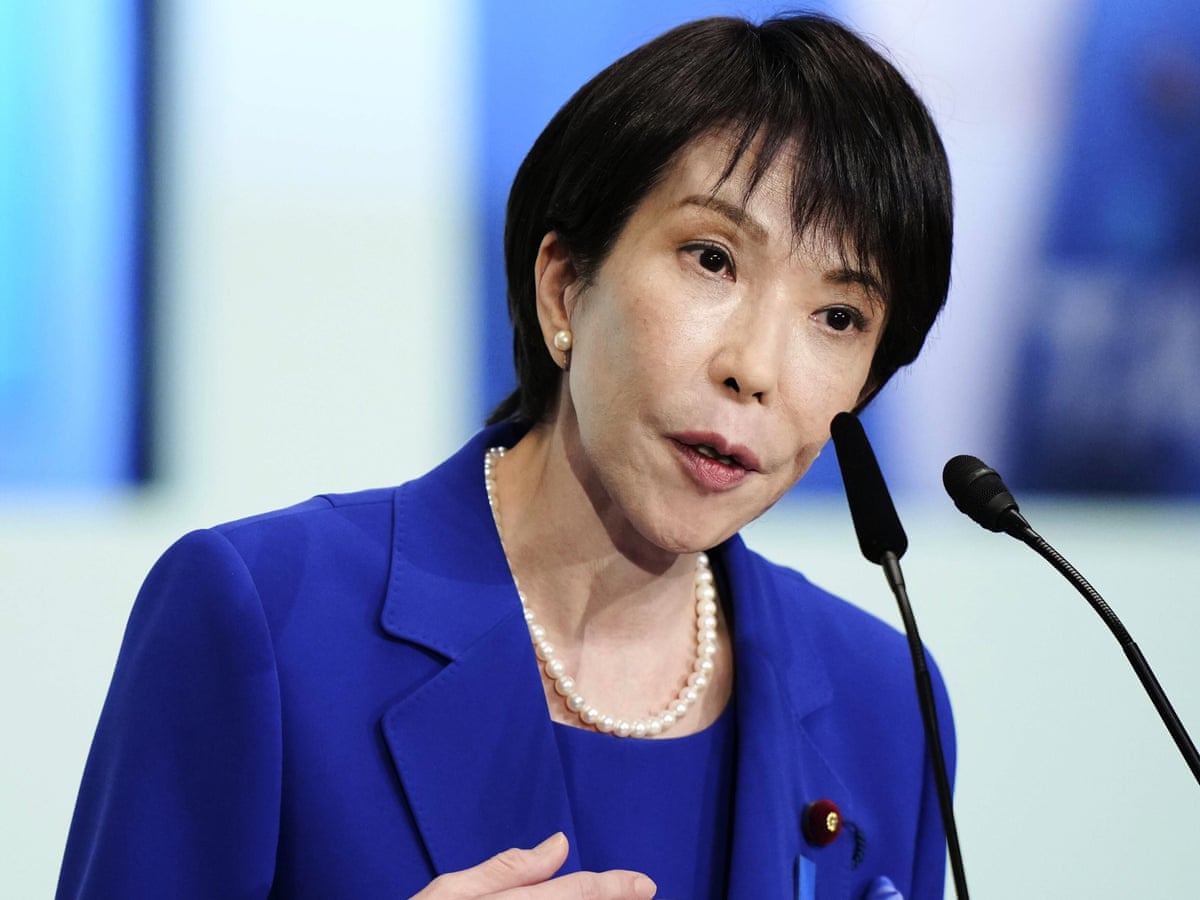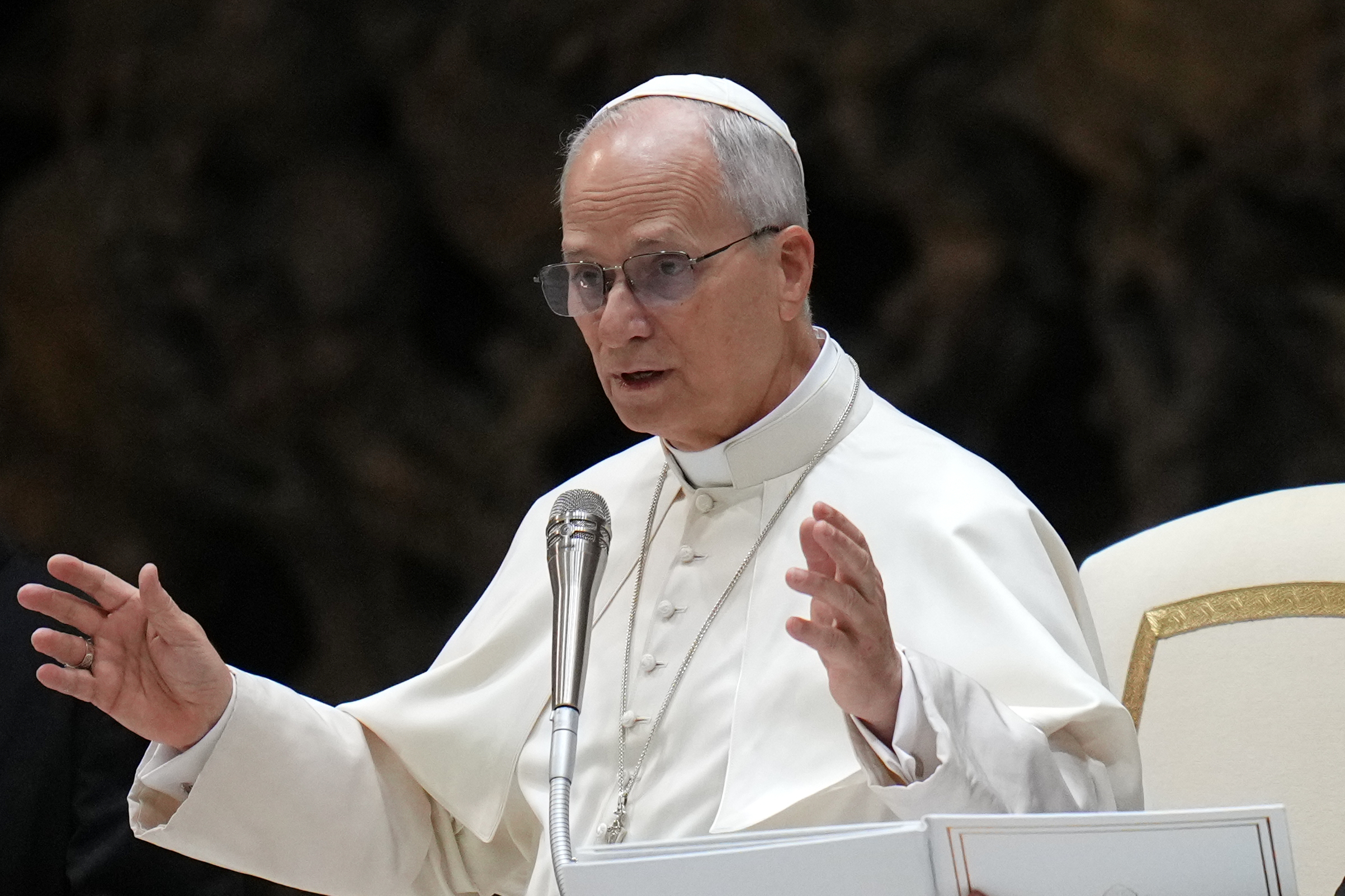Australia has pledged to slash greenhouse gas emissions by as much as 70 percent from 2005 levels by 2035 — a move Prime Minister Anthony Albanese hailed as “responsible” and “science-based.” But the announcement, made Thursday in Canberra, has been met with disappointment by climate experts and Pacific leaders who argue the country is still falling short of what science demands.
The target forms part of Australia’s formal submission under the Paris climate accord, which requires nations to outline their emissions-cutting goals and detailed roadmaps. The stakes are high: Australia is seeking to co-host next year’s UN climate summit with Pacific island states that face existential threats from rising seas.
Only days earlier, a government-commissioned climate risk assessment warned that unchecked warming would bring severe flooding and rising seas that could displace more than a million Australians by mid-century. Against that backdrop, Bill Hare, a leading climate scientist and head of Climate Analytics, called the new target “baffling.”
“Australia needs a pathway consistent with keeping warming below 1.5 °C,” Hare said. “That means at least a 76 percent cut by 2035 and urgent policy action now.”
The government is pairing the target with a $3.3 billion “Net Zero Plan” to support businesses moving toward clean energy, expand access to electric vehicles, and boost household adoption of renewables. Albanese defended the package as ambitious but achievable, striking a balance between economic stability and climate responsibility.
Read Also: Japan Exports To US Drop 14% As Trump Tariffs Bite
Yet critics see the approach as muddled. Jacqueline Peel, a professor at the University of Melbourne Law School, described the pledge as “not likely to please anyone.” In her view, the goal feels “anticlimactic” when compared with the scale of risk outlined in this week’s assessment.
Pacific voices were even sharper. Anote Tong, former president of Kiribati and a leading climate advocate, said Australia’s continued reliance on coal and generous subsidies for fossil fuel companies undermined its credibility. “The contrast between its rhetoric and its fossil fuel exports is stark,” he told AFP.
Australia remains one of the world’s largest coal exporters, even as it invests heavily in solar, wind, and green manufacturing. That dual identity — climate ally abroad, fossil giant at home — continues to define its uneasy path toward net zero.










